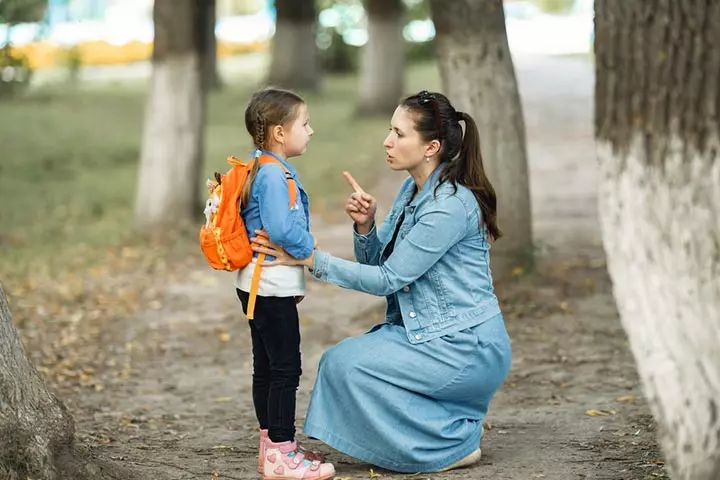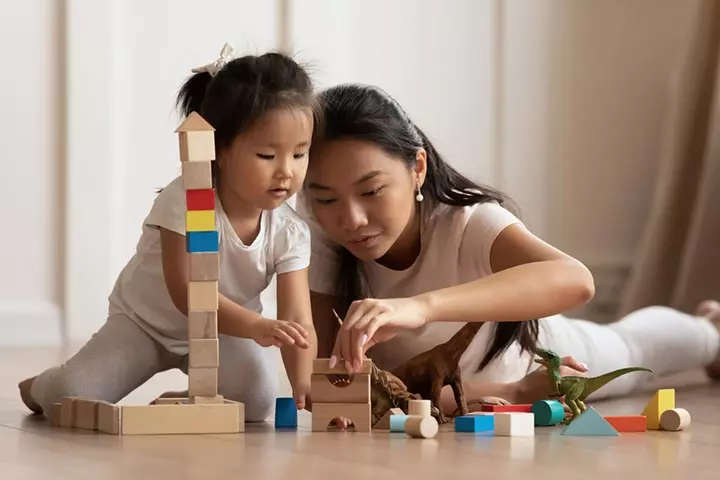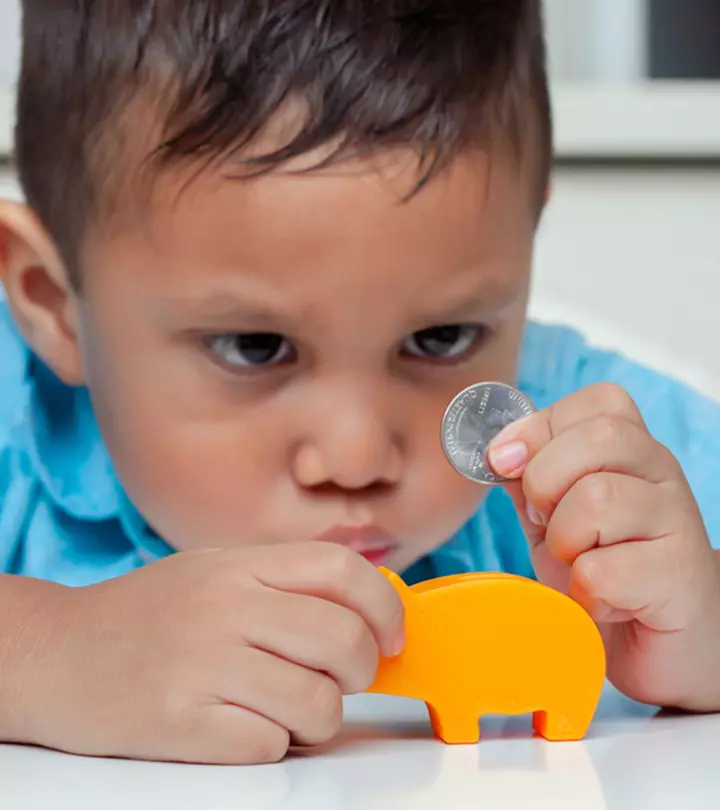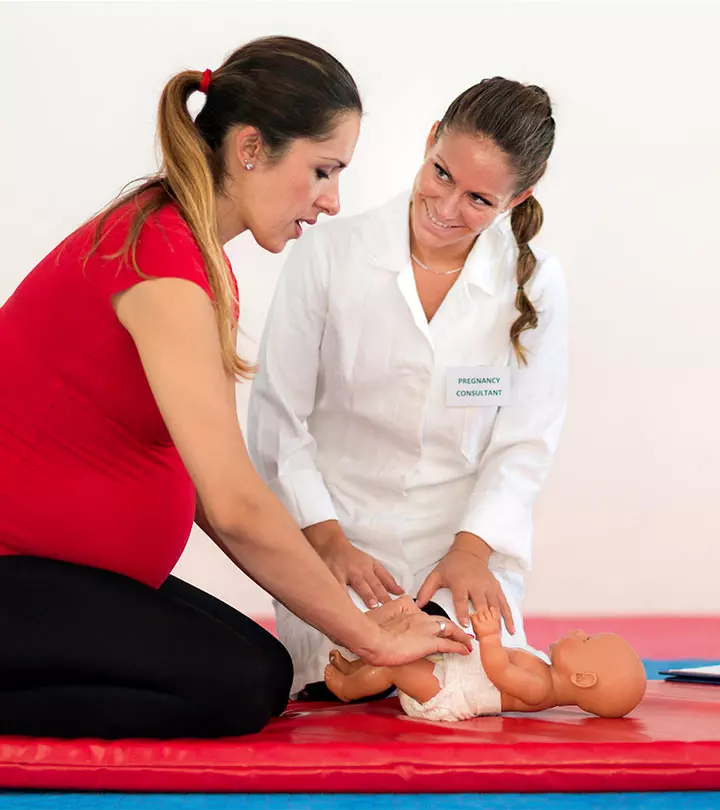

Image: Shutterstock
Careless words can have a long term effect on your children.We all want what’s best for our kids and would do anything to ensure that they grow up to be happy and successful people. But sometimes parents can be a bit harsh unintentionally. It’s important to pay attention to what you say to your kids as they absorb everything you do and say. So, even throwing around seemingly harmless phrases that you’ve heard your own parents use may have long lasting negative effects that you didn’t see coming, so it’s best to take it out of your vocabulary permanently. Even though you may not think it’s a big deal, it can be for your kids. And the little phrases you use to motivate them might actually be what’s holding them back. Although it’s hard to keep a track of what not to say, here’s a list that will help you remember all the things you shouldn’t say to your child.
1. I Don’t Believe You
Image: Shutterstock
This is an absolute no-no. As a parent you should want to establish and foster an open line of communication between you and your child. After all, this is the easiest way to keep track of what your child is doing and who they are hanging out with as they grow up. This is also the best way to figure out when your child needs you to step in and protect them. But all that can go away in a snap of a finger if your children doubt you. And one way to get your children to doubt your intentions is to doubt them. To keep this from happening, listen to your child when they are talking and acknowledge their desires and interests instead of just casting them aside.
If your child chooses to tell you something, believe them. Telling them that you don’t trust them or don’t believe them can severely damage the child/parent relationship. This takes a long time to repair. So, take your kids at their word and take what they are saying seriously.
2. Why Do I Have To Repeat Myself A Hundred Times?
Image: Shutterstock
Probably because you’re talking to a little child. We’ve all heard this line throughout our childhood. The problem is that it doesn’t pose an actual question. It’s just a way for parents to complain about having to repeat themselves to their children when they don’t understand or aren’t paying attention to them. Instead of this ask them what they have difficulty understanding or why they are not paying attention to you. This will save you a lot of time and energy.
3. I’m Leaving Home And Never Coming Back
Image: Shutterstock
Do we even need to spell out how bad this one is? Threats of any kind are the worst way to communicate your feelings and emotions to your child. They don’t contribute to solving the problem and they certainly don’t help anyone feel better once they are told. If your child is acting out, arguing with you or already seems restless, they are stressed and frustrated. Telling them that they are in serious trouble or that you’re going to leave and never come back only adds to the nervous tension and negative emotions. Moreover, your child will start to feel unsafe at home.
If you are upset, need a breather and can’t say anything constructive to your child anymore, instead of threatening them and riling them up further, just leave. Ask your partner to step in and take a walk. If that isn’t possible, hold pause on the argument and tell your kids that you’ll discuss it when everyone has calmed down.
4. Are You Sure You Can Do That?
Image: Shutterstock
From a very little age your child is going to want to be independent, and that is a good thing. Parents who are prone to overprotection tend to demand over clarification, demonstrate an innate ability to doubt their children and insist on lending their kids a hand even when they didn’t ask for help. You might think that you are saving your child from disappointment and danger but discouraging them from being autonomous and learning to do things by themselves is detrimental to kids. Your kids may think that you lack confidence in their abilities and talents which in turn will make them doubt themselves. This can lead to a long term fear of taking responsibilities of important tasks and dealing with the repercussions of low self esteem and other insecurities.
Parents are people too and it’s okay if you lose your cool once in a while. But there are some things that you should never tell your child. Make sure to keep these phrases out of your vocabulary so as to not unintentionally harm your child. Did we miss out on something? Let us know in the comments section!
Community Experiences
Join the conversation and become a part of our nurturing community! Share your stories, experiences, and insights to connect with fellow parents.

















